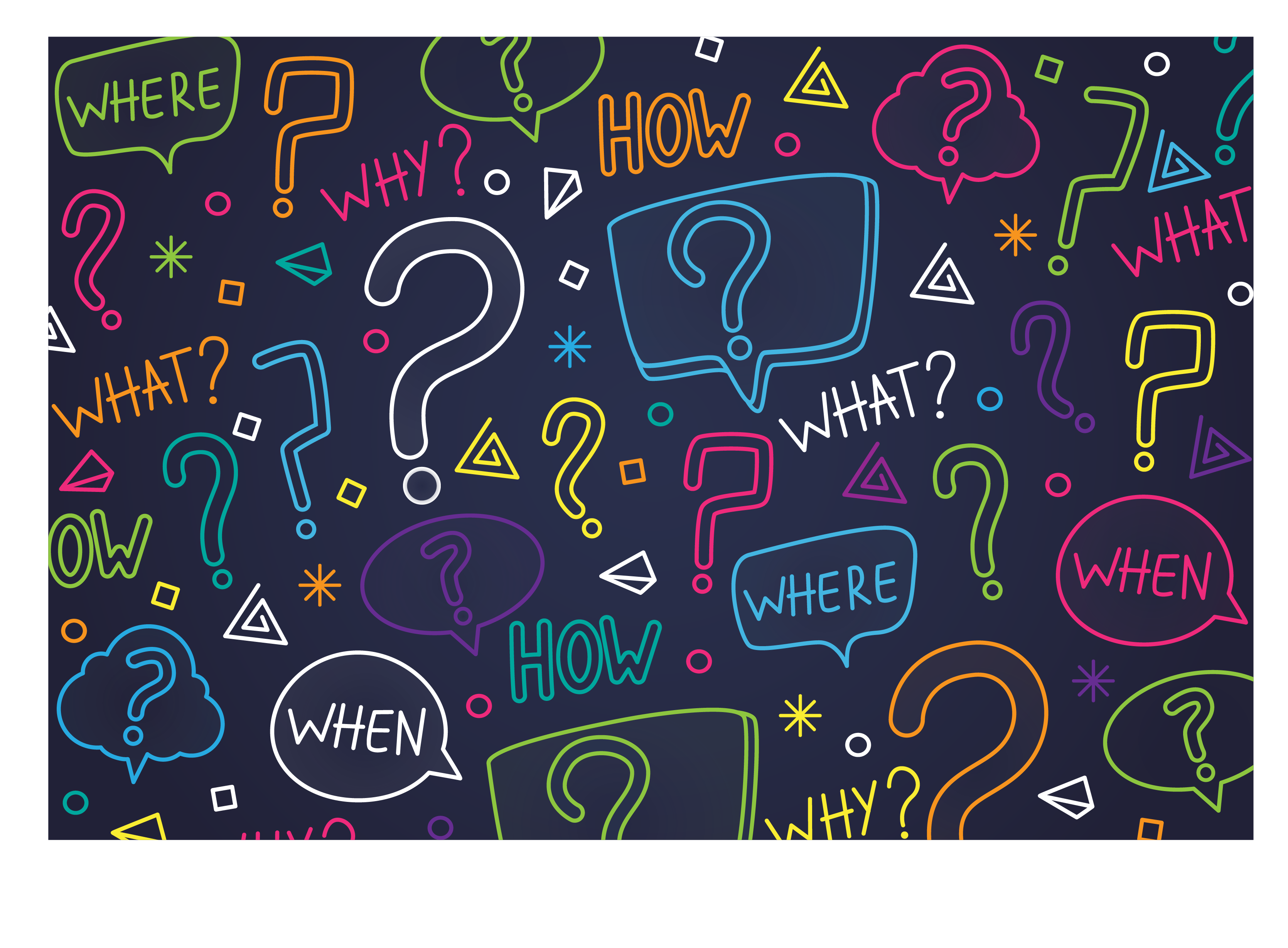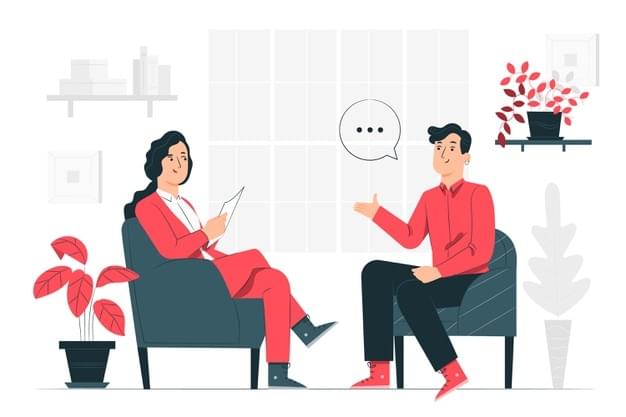Because of this, you found it difficult to determine the perfect candidate for your job. Each question you received were different, and as a result, you do not have a standardised set of questions to allow you to make better judgement in filtering the candidates. You would usually just ask three questions and then hire the person. You hired the wrong person, you had to train and retrain the individual, receive resignation letters one after another, and restart the entire process by interviewing and rehiring another candidate. Do you realise your actions are putting time and resources to waste?


1. Keep an open mind

2. Ask open-ended questions

3. Listen more, talk less, just ask

4. Take note!

5. Set expectations

Establish higher expectations to the candidates so that they would perform their very best during the interview and fight for the position. You could be fortunate enough to come across the best candidate which fulfils your idea of an ideal employee.

As you have already learnt the five keys in conducting an effective interview, you should now have a rough idea on some suitable questions to be asked to your candidate to know more about them. Following is a series of 33 questions which could be greatly helpful for you to implement in your interview SOP:
